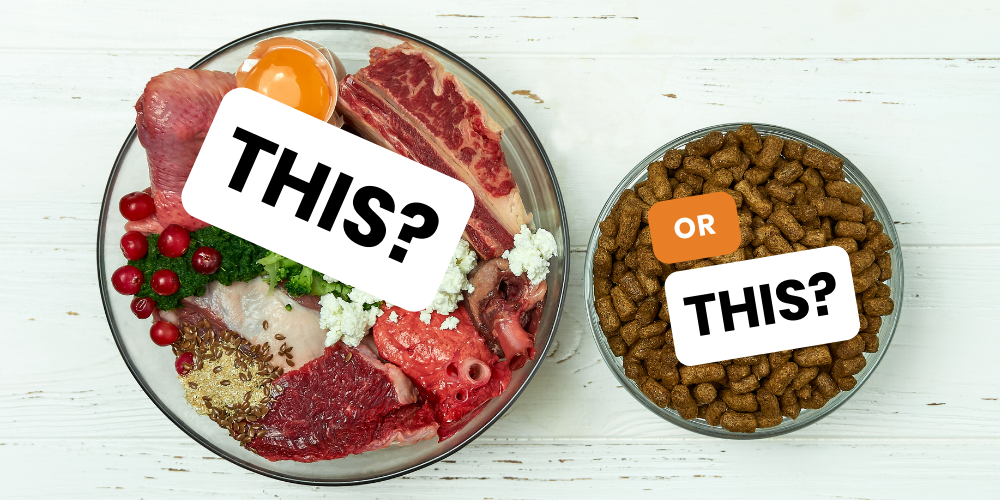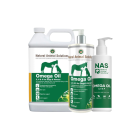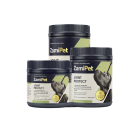
In the US, where dogs are cherished family members, providing the best care includes understanding their dietary needs. The array of dog food choices can be dizzying, making it crucial to cut through the noise and ensure your pet receives a balanced diet. This expanded guide dives deeper into dog nutrition, helping you navigate the choices for the health and happiness of your furry friend.
The Basics of Dog Nutrition
A well-rounded diet is essential for your dog's overall health, encompassing proteins, carbohydrates, fats, vitamins, minerals, and water. Balancing these nutrients is key to a thriving dog. Explore various dietary supplements to understand how you can complement your dog's diet.
Deciphering Dog Food Labels
Choosing the right dog food starts with understanding labels. Look for products that list a high-quality protein source as the first ingredient and adhere to the AAFCO standards, ensuring the food meets basic nutritional requirements for dogs.
Dietary Needs: One Size Does Not Fit All
Dogs' nutritional needs vary significantly based on age, breed, size, and health status. Consult CanadaVet’s blog on safe fruits and vegetables for insights on supplementing your dog's diet with nutrient-rich options.
The Role of Supplements
Supplements like Omega-3 and 6 fatty acids and vitamins can enhance your dog's diet. Always consult with a vet before introducing new supplements.
Human Foods: The Good, The Bad, and The Toxic
While some human foods can be healthy treats for dogs, others can be harmful. Educate yourself on the dangers of chocolate here and explore dietary topics like why dogs eat grass and whether dogs can eat seafood.
Summary
Ensuring your dog's nutritional needs are met requires understanding dog nutrition, reading food labels, and tailoring the diet to your dog's needs. Stay informed and consult with professionals to provide a diet that promotes a long and healthy life. For more guidance on managing your pet's diet, explore our resources on caring for an obese pet.



